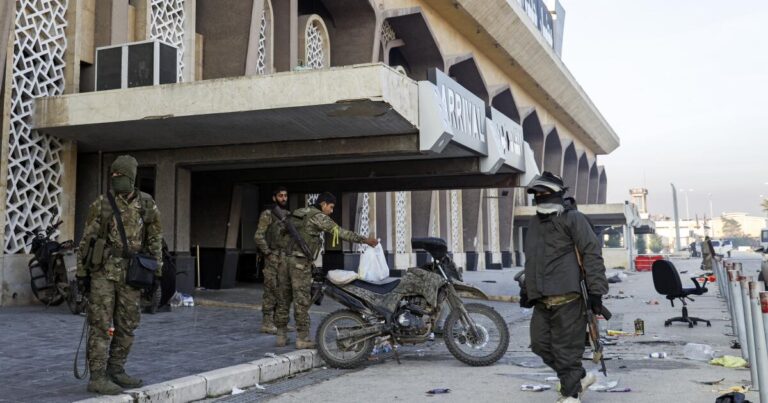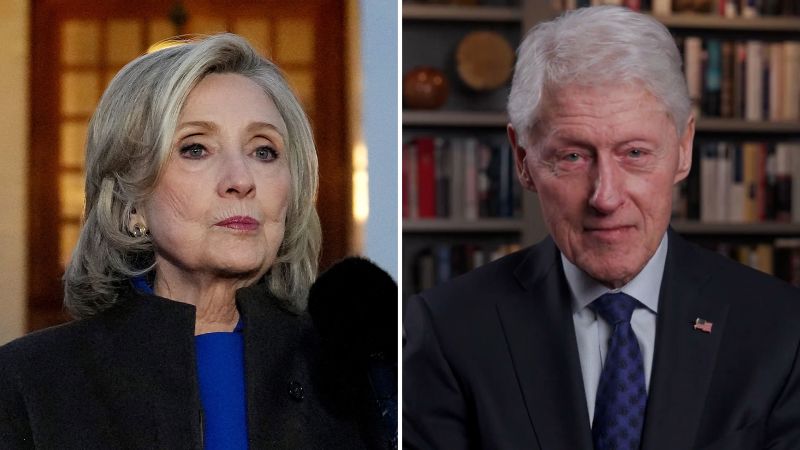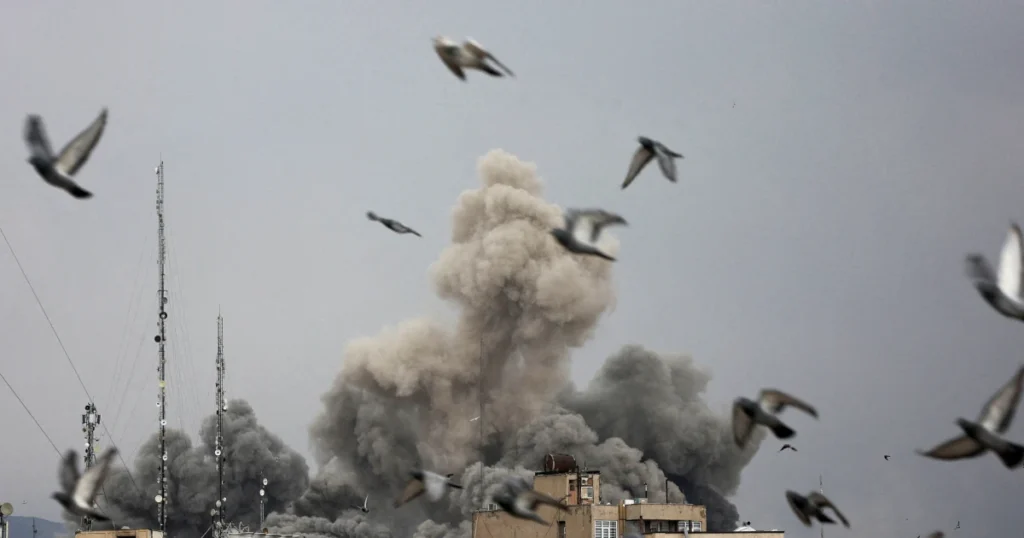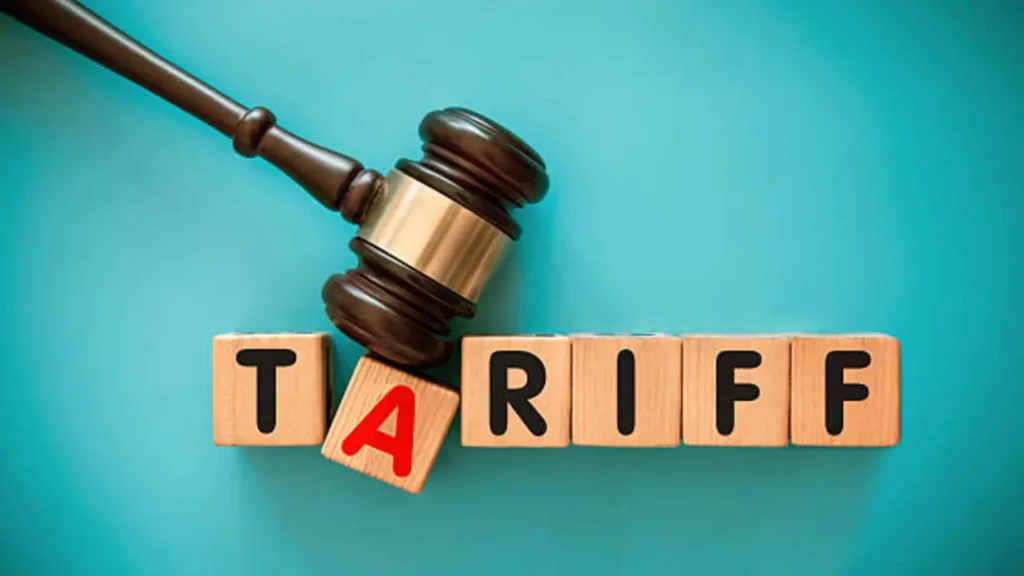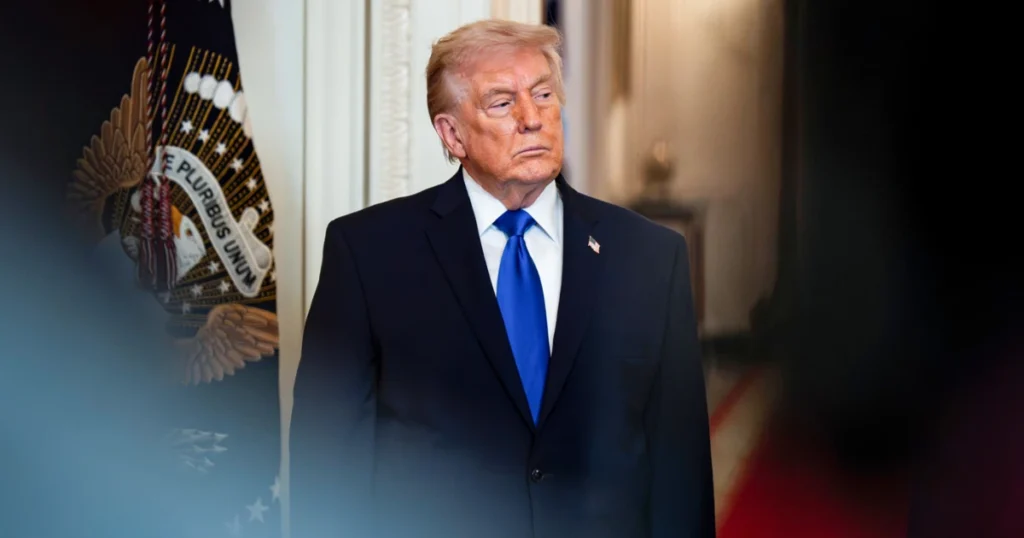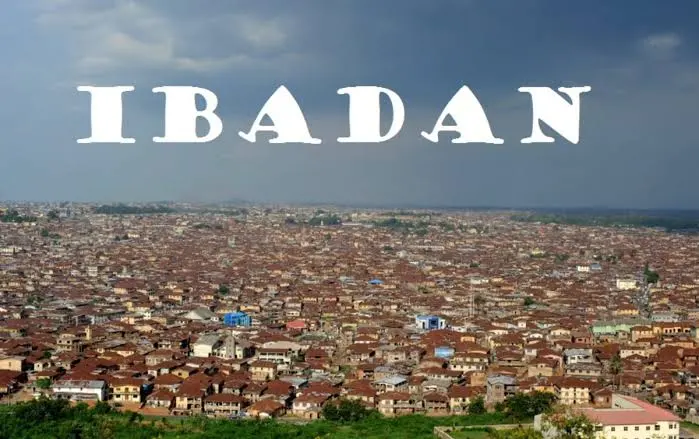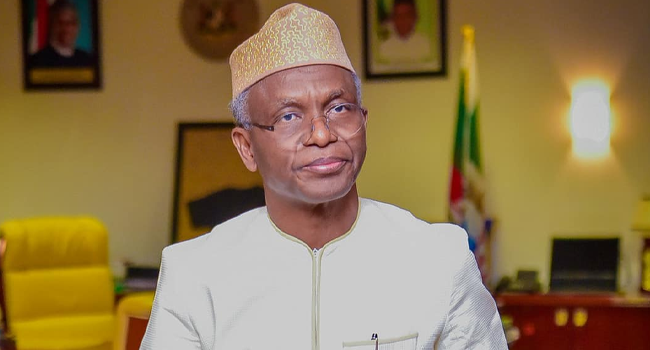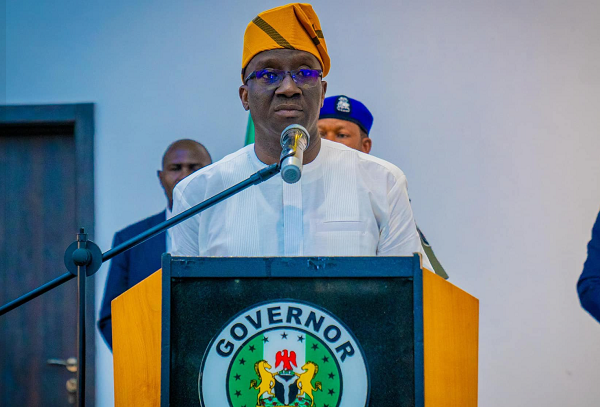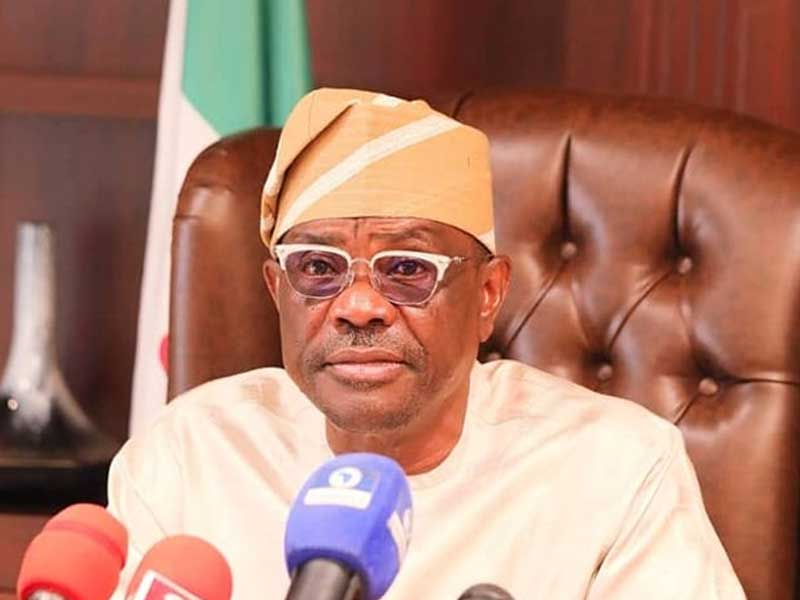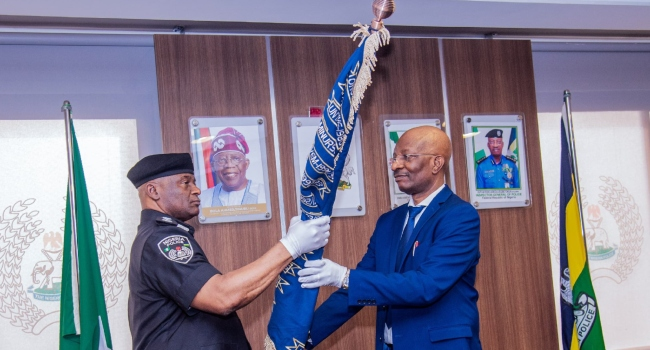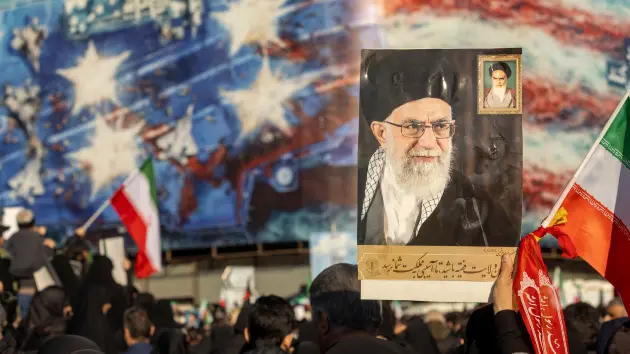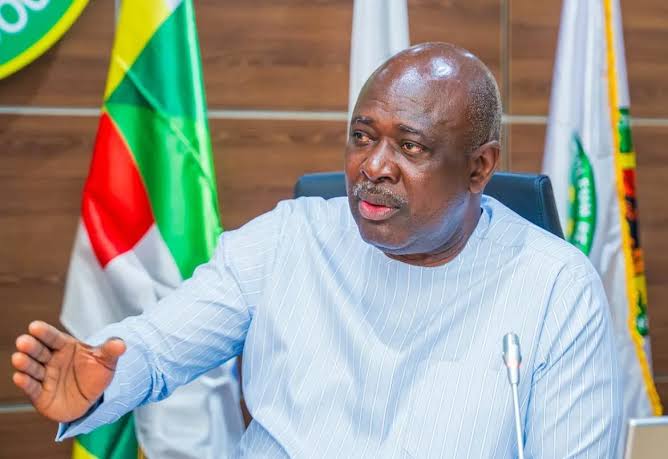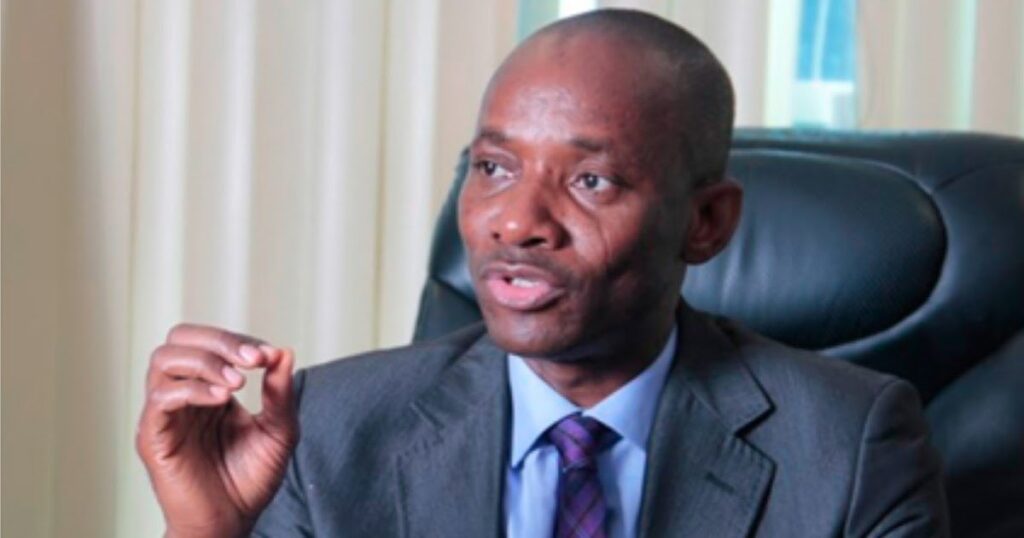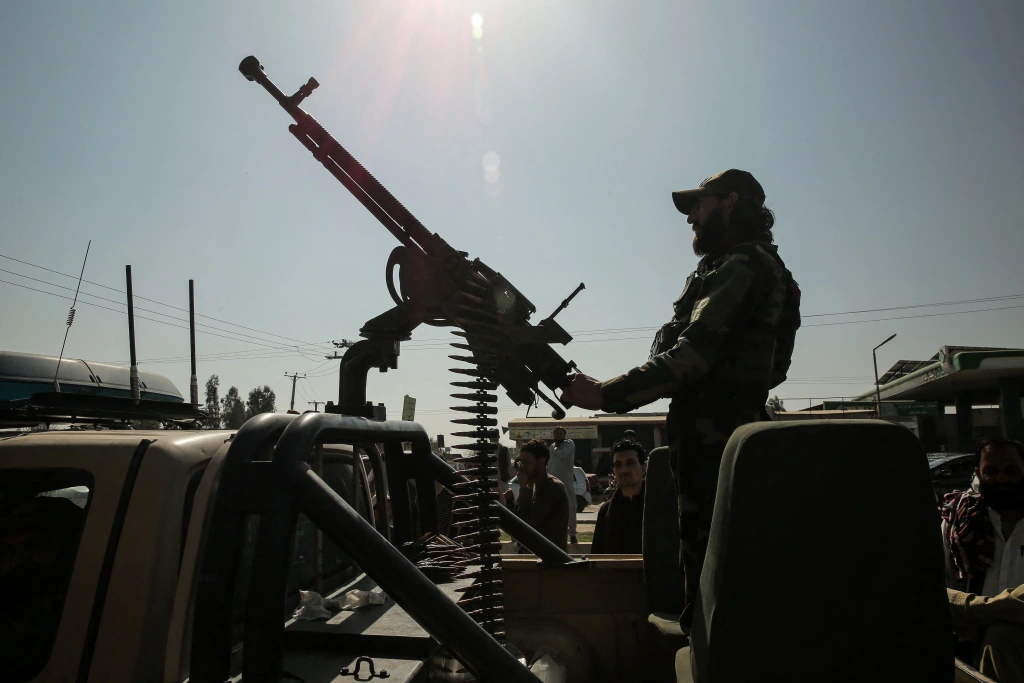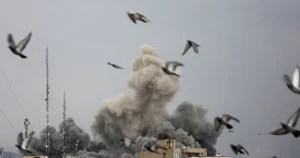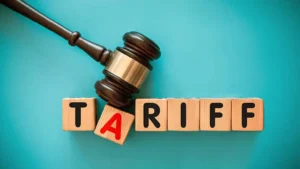Rebel forces in Syria have seized vast swaths of territory, posing the most significant threat to President Bashar al-Assad’s regime in years.
In the southern province of Deraa, the rebels now control over 90% of the region, according to the UK-based Syrian Observatory for Human Rights (SOHR). Deraa, known as the birthplace of the 2011 uprising, carries symbolic weight and holds strategic value due to its proximity to Jordan’s border crossings. Reports suggest a deal has been struck for government forces to withdraw, allowing military officials safe passage to Damascus, approximately 100km away. However, these claims remain unverified.
In northern Syria, Islamist-led rebels, including Hayat Tahrir al-Sham (HTS) under the leadership of Abu Mohammed al-Jawlani, have advanced to the outskirts of Homs, Syria’s third-largest city. This comes on the heels of their recent captures of Aleppo and Hama. Video footage shows residents of Homs, many from Assad’s Alawite minority, fleeing in fear. HTS fighters claim to have “liberated” villages near Homs, while SOHR reports Russian airstrikes targeting infrastructure to slow their advance.
Despite denials from Assad’s regime, analysts question whether government forces can effectively defend Homs, a vital link between Damascus and Assad’s coastal stronghold.
The conflict has intensified humanitarian woes. In northern Syria, at least 370,000 people have been displaced, and over 820 casualties, including 111 civilians, have been reported in the past week. Civilians remain trapped in front-line areas, with limited access to safety or aid. In Aleppo, critical public services, including hospitals and bakeries, are crippled, further compounding the crisis.
UN Secretary-General António Guterres has called for international intervention to end the prolonged civil war.
The Assad regime faces mounting challenges, including low troop morale and widespread corruption, despite recent measures like a 50% pay raise for soldiers. Assad’s key allies, Russia and Iran, have reaffirmed their support but are constrained by their own challenges.
Russia, preoccupied with its ongoing war in Ukraine, has advised its nationals to leave Syria. Meanwhile, Iran’s influence has been weakened by Israeli attacks on Hezbollah, which had played a pivotal role in defending Assad-held territories.
Turkey, which backs some rebel factions, has expressed support for the rebel offensive. Turkish President Recep Tayyip Erdogan has called on Assad to engage in negotiations with the opposition, with analysts suggesting Ankara facilitated recent rebel gains.
HTS leader Abu Mohammed al-Jawlani has attempted to rebrand his group with a more moderate image, distancing it from Islamic State and Al Qaeda affiliations.
The rapid rebel advances have reshaped the conflict, raising questions about the Assad regime’s ability to maintain control and the potential for renewed international efforts to broker peace.

